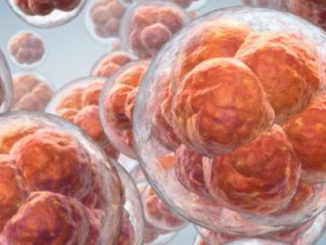Exposure to Chemicals in Plastics During Development Could Increase the Risk of Autism and Dementia
Associations between prenatal exposure to chemicals like endocrine disruptors found in plastics and the development of neurological diseases later in life have been well described (1). Although mechanisms have been proposed for how endocrine disruptors affect human health (2), those mediating the development of neurological conditions like autism and dementia have been difficult to elucidate because of the multifactorial nature of these diseases. Researchers, therefore, considered the issue through a new lens: inherited DNA methylation patterns. Bisphenols and phthalates are [more…]





